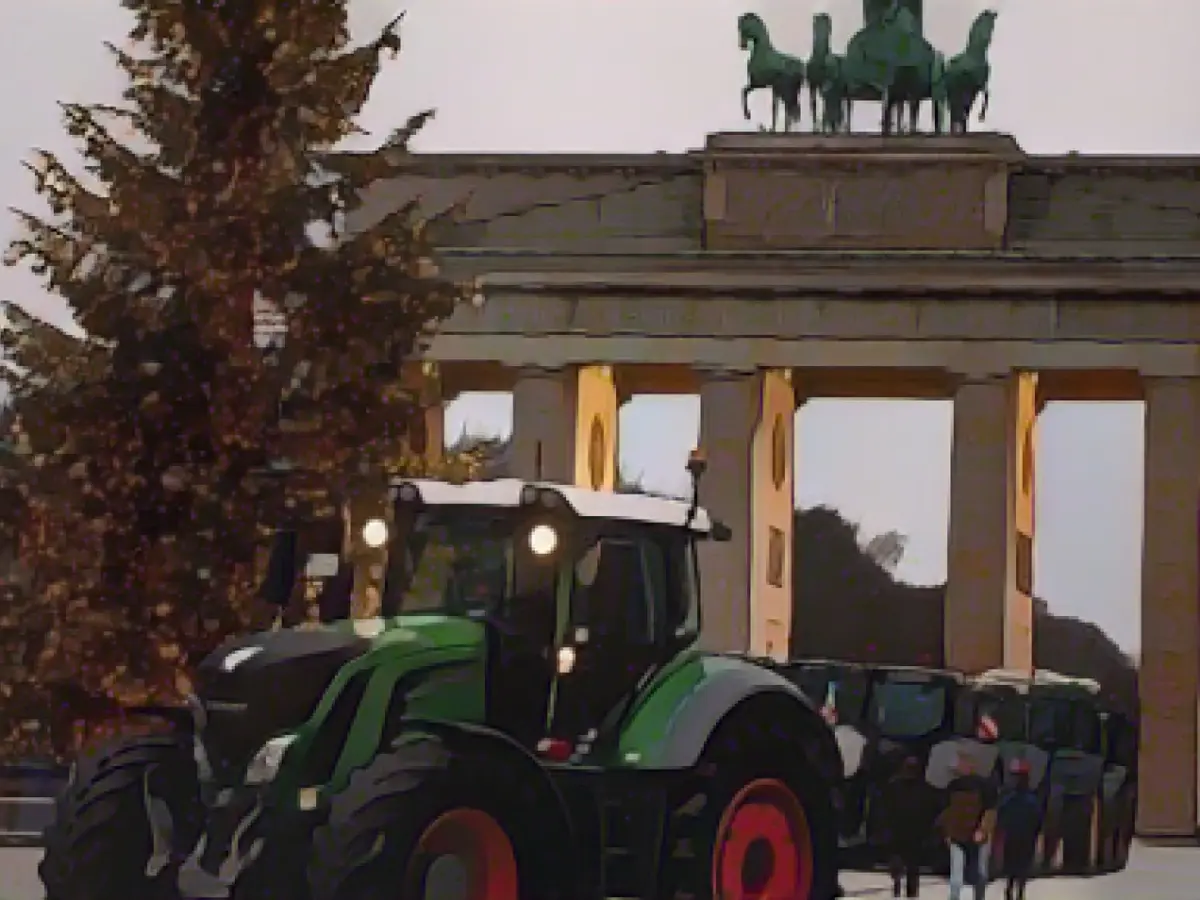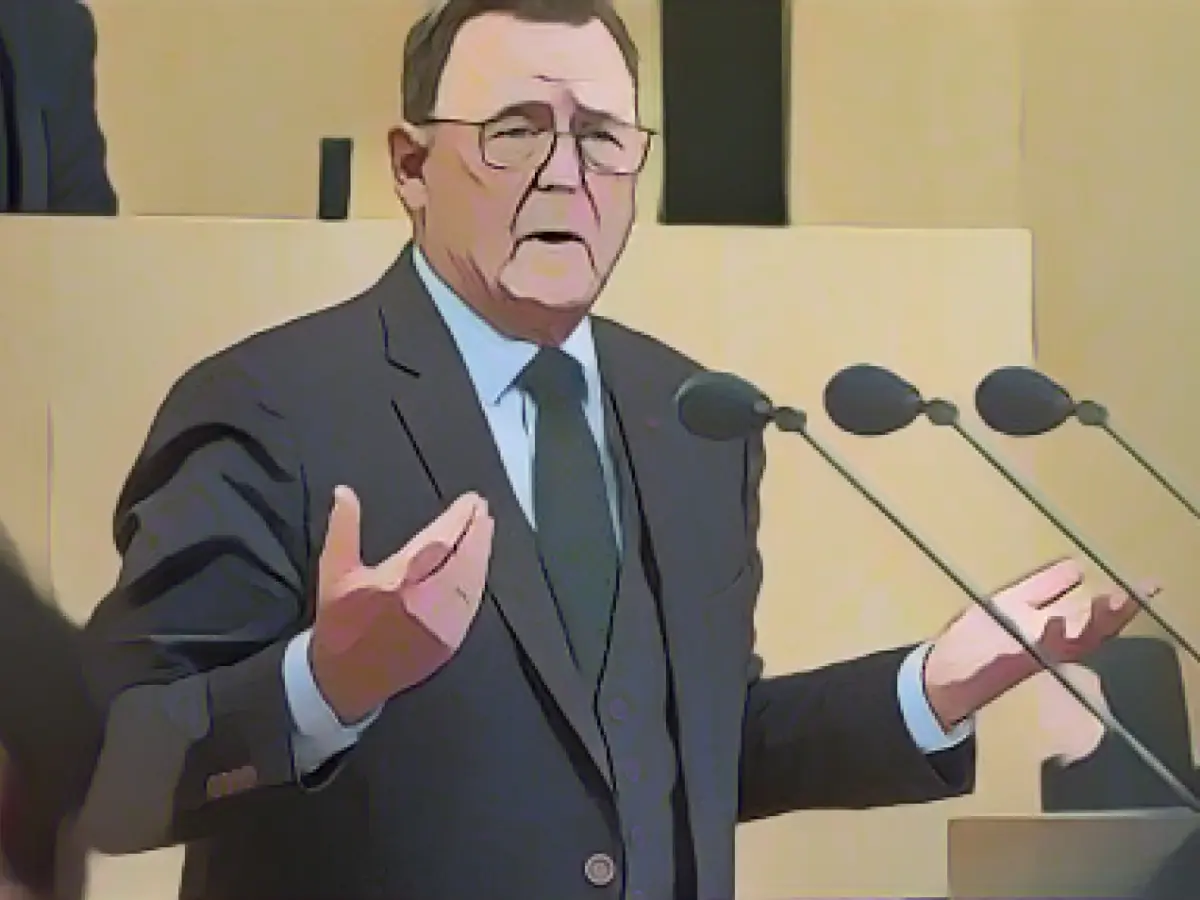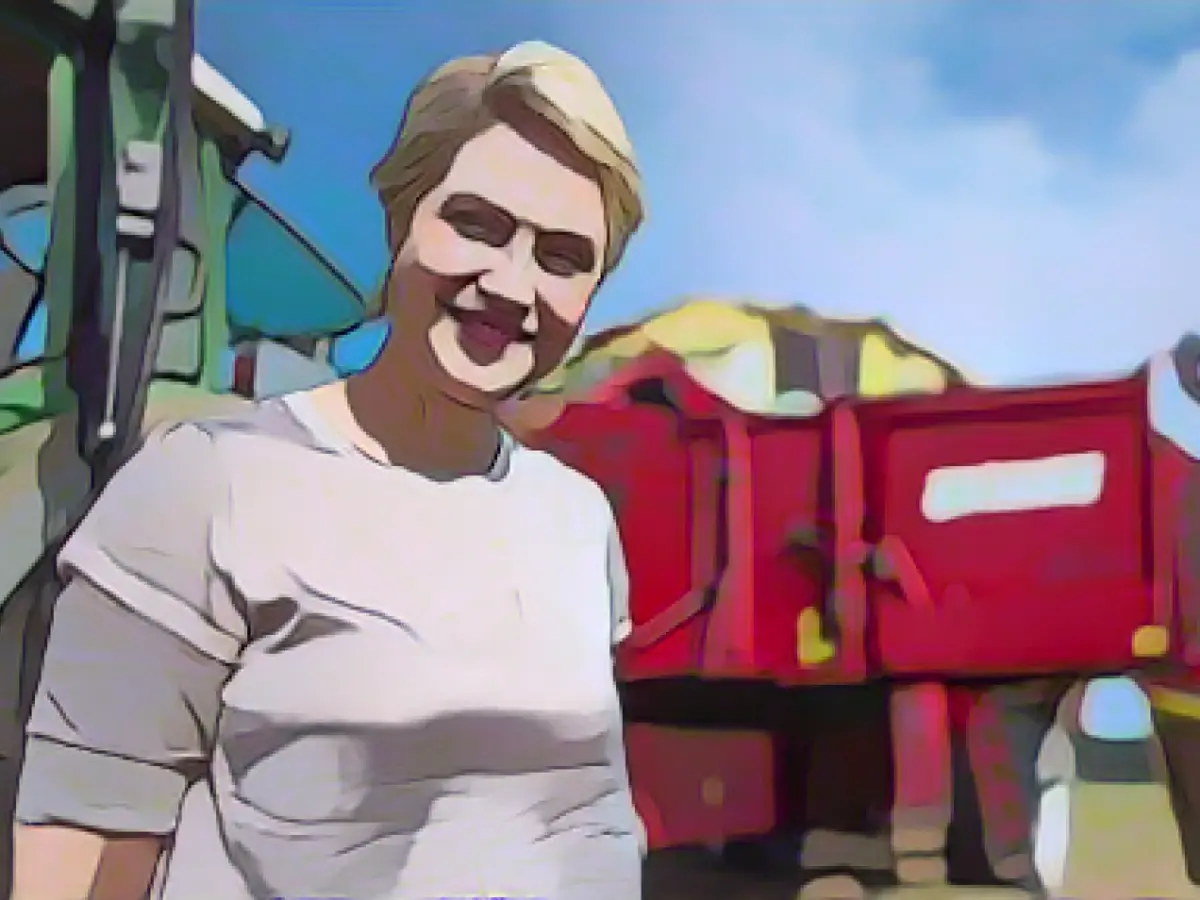Farmers Rally Against Government Tax Plans in Berlin
Joachim Rukwied, the farmers' union president, has blasted the government's proposed cuts to tax incentives for agriculture. During a rally in Berlin on Monday, Rukwied declared that the sector would not accept the new plans, deeming them a "declaration of war." If the government persists with the unreasonable proposals, Rukwied warned of "a very hot January" with escalating protests. Farmers, he promised, would make Germany's streets a spectacle, unlike anything seen before, starting January 8.
The axing of rules on agricultural diesel and vehicle tax exemptions for agricultural vehicles would burden the sector with an additional €1 billion per year, according to Rukwied. He cited exhaustion and discontent as reasons to put pressure on the Greens' Cem Özdemir, the Federal Minister of Agriculture, to advocate for the farming community within the government.
The farmers' union had mobilized rural communities across Germany to join the rally, emphasizing the importance of protecting agricultural tax breaks. Prior to the protests, farms had enjoyed partial refunds on energy tax for diesel, along with vehicle tax exemptions for agricultural and forestry vehicles.
Farmer's Stance: Reactions and Consequences
- Backlash against government policies: The proposed plan to scrap agricultural tax breaks is a major point of contention for farmers, mirroring broader discontent with the government led by Chancellor Olaf Scholz. This discontent stems from tense public squabbles and controversial decision-making that has generated criticism from various quarters.
- Agitation over historical frustrations: Farmers have felt overburdened by mounting regulations and restrictions, which they argue have placed an excessive financial drain on the sector. Additionally, they feel that their contributions have not been recognized or adequately supported, resulting in further resentment.
- Protection of agriculture as vital to the economy: The German Farmers' Association stresses that agriculture is a critical pillar of Germany's economy, serving as a key source of revenue and employment opportunities. They contend that the government should not jeopardize this sector through ill-considered policies, especially without considerable thought given to the possible repercussions.
- Impact of protests: The Berlin protests, which involved tractors and horn-honking, fostered significant disruptions to traffic and daily life in the capital. In response to the demonstrations, Finance Minister Christian Lindner argued that farmers should contribute fairly to financing the nation's expenses and acknowledged the validity of the farmers' concerns.
- Broad public support: Polls indicate that the majority of the German public sympathizes with farmers' causes, underscoring the depth of public discontent with the government's tax plan. The protest had the backing of Germany's road transport association, further demonstrating the issue's wide-ranging implications.
- Economic context: The farmers' protests take place amid an ongoing economic crisis in Germany, marked by stalled growth since 2019 and a minimal long-term growth potential (0.3% to 0.4% annually). Friedrich Merz's CDU taxes cut proposal aims to stimulate economic recovery, but it faces substantial funding challenges.
In conclusion, farmers' widespread protests in Berlin are driven by concerns about growing fuel expenses, historical frustrations, and the significance of agriculture in Germany's economy. The demonstrations have garnered significant public backing and affected the government, significant traffic disruptions, and the wider economic context of the country, potentially moving supply chains and impacting other sectors if unaddressed by the government.








